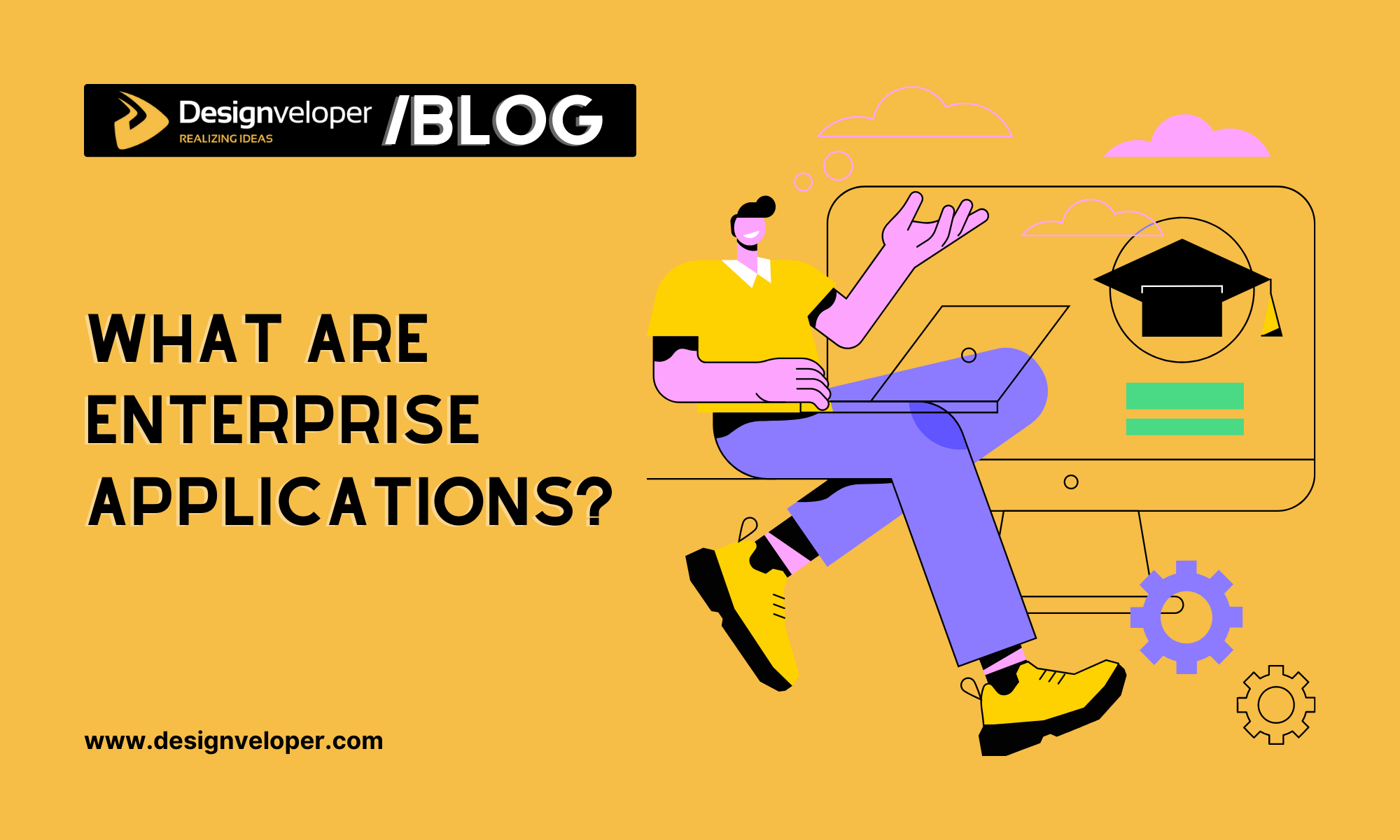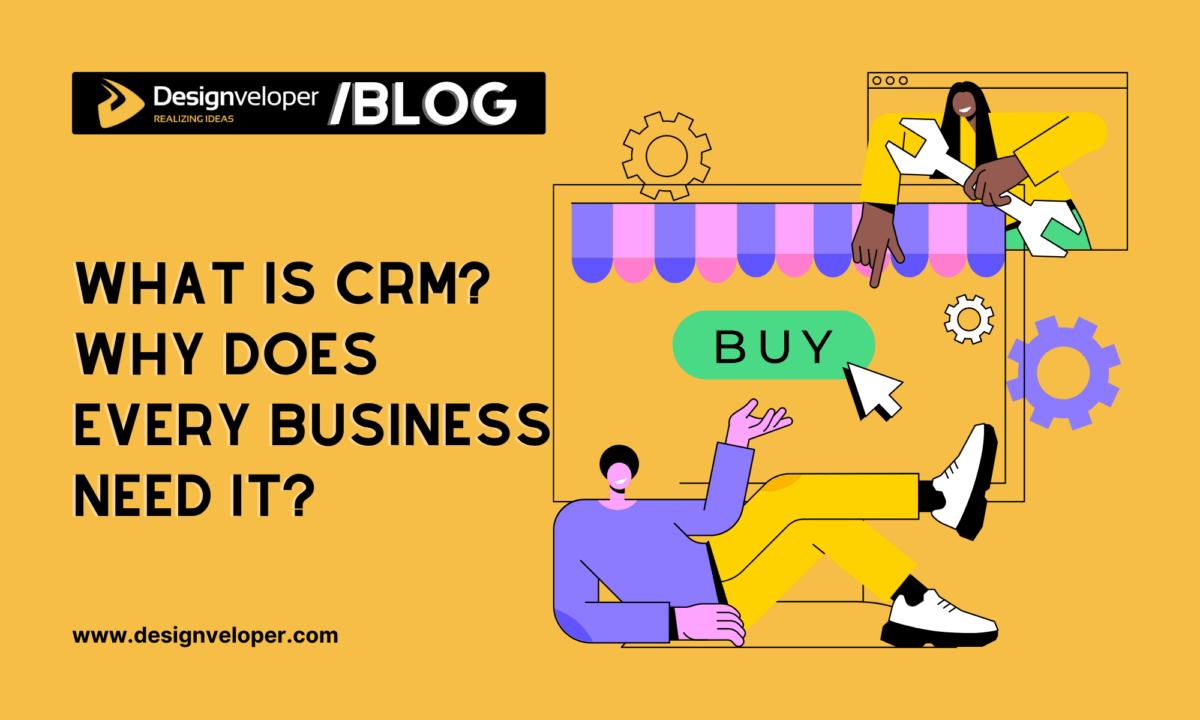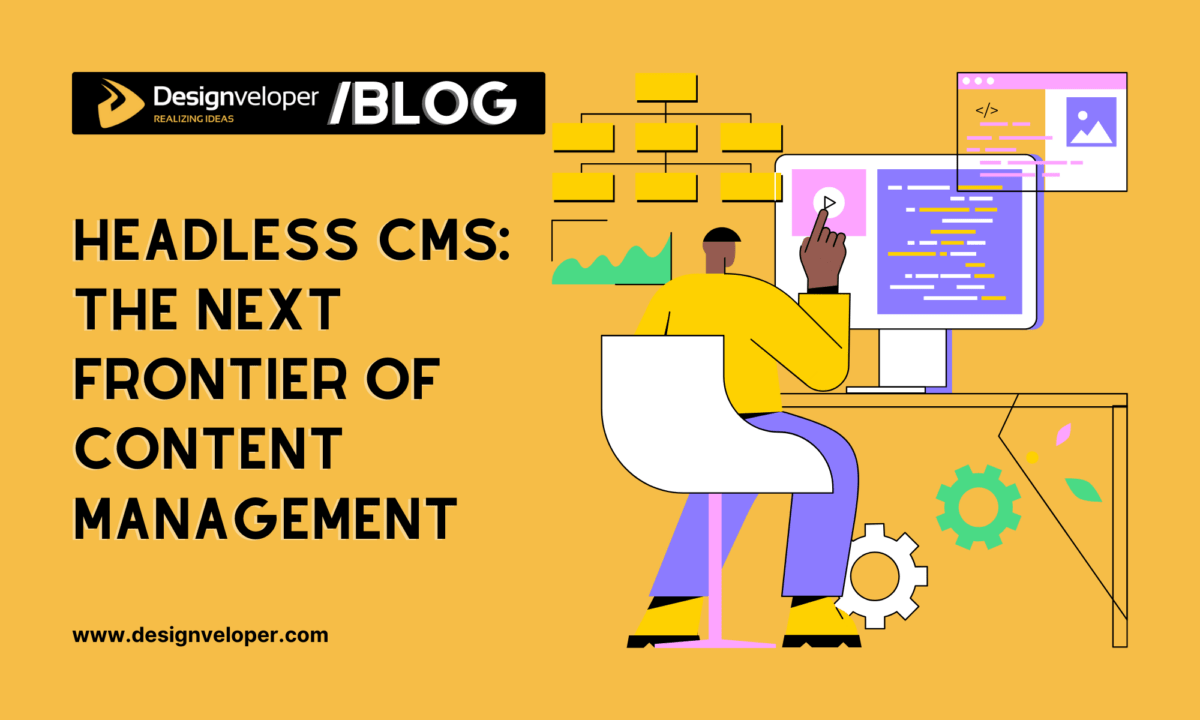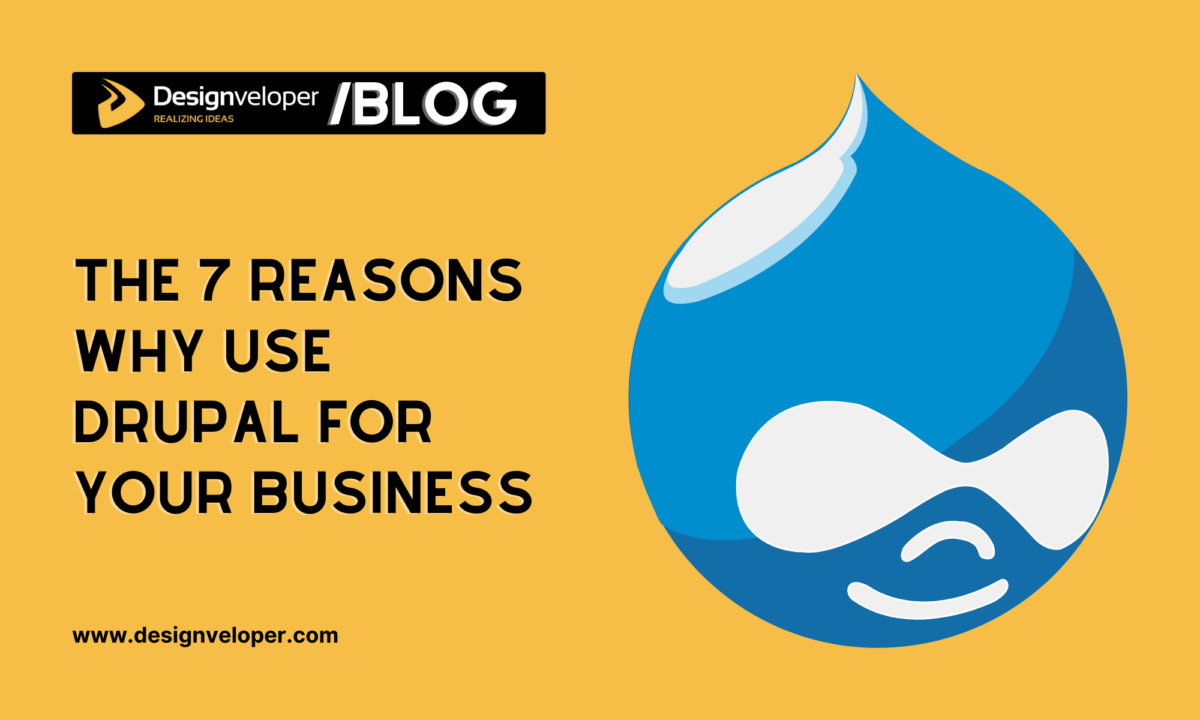
Enterprise applications are a vital component of modern business operations, offering powerful tools for managing complex organizational processes. But what exactly are enterprise applications, and how do they differ from other types of software?
In this article, we’ll explore the key features and benefits of enterprise applications. In addition, we will provide as some common examples of how they’re used in different industries. Whether you’re a business owner looking to optimize your operations or a curious tech enthusiast, this guide will provide a clear and concise overview of enterprise applications and their role in the digital landscape.
What are Enterprise Applications?
Enterprise applications are software programs designed to support large organizations and their complex business processes. These applications are typically tailored to meet the needs of an enterprise and manage a wide range of activities. Those activities include customer relationship management, supply chain management, and financial management. In this section, we’ll take a closer look at the characteristics that define enterprise applications. Whether you’re new to the world of enterprise software or looking to expand your knowledge, it will provide a clear and concise introduction to this essential category of business tools.
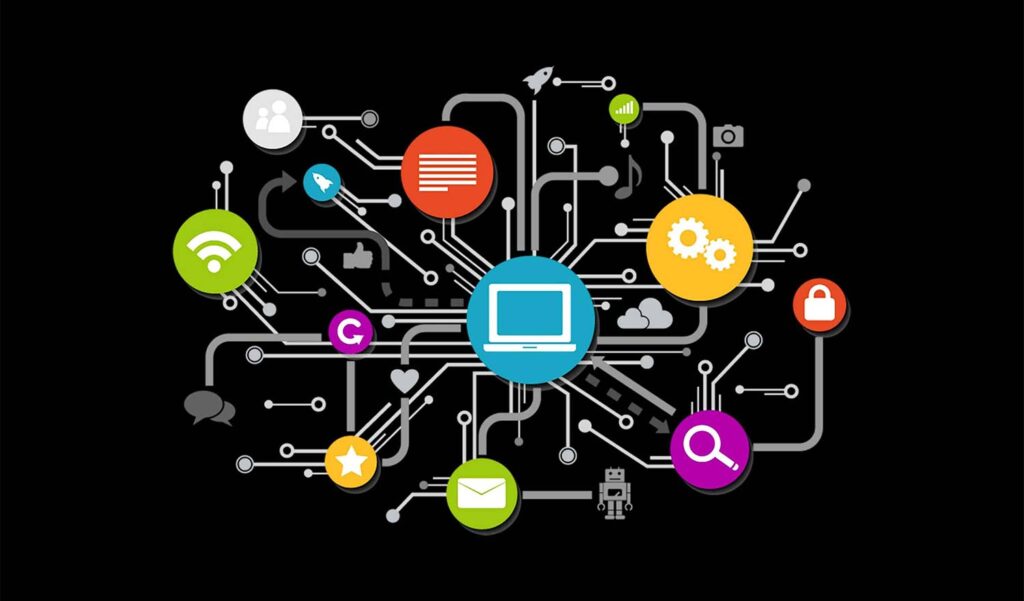
The Definition of Enterprise Applications
Firstly, enterprise applications can be defined as software programs designed to support large organizations and their complex business processes. These applications are typically developed with specific enterprise needs in mind. They also are designed to scale to handle large amounts of data and complex workflows.
Some key characteristics of enterprise applications include their ability to integrate with other systems and applications, their ability to support multiple users and locations, and their ability to handle large amounts of data. They also typically offer advanced security and access controls, as well as robust reporting and analytics capabilities.
Examples of enterprise applications include customer relationship management (CRM) systems, supply chain management (SCM) systems, enterprise resource planning (ERP) systems, and human resources management (HRM) systems.
Overall, enterprise applications are an essential category of software for modern businesses. They enable organizations to optimize their operations, streamline workflows. In addition, you can also gain deeper insights into their data, all of which can help drive growth and success.
The State of Enterprise Applications
The state of enterprise applications is rapidly evolving, with businesses around the world increasingly investing in these critical tools. According to a recent report from Grand View Research, the global enterprise application market is expected to reach $259.51 billion by 2028, with a compound annual growth rate of 7.8% over the forecast period.
One key trend driving this growth is the rise of cloud-based enterprise applications. They offer greater flexibility, scalability, and cost-effectiveness compared to traditional on-premises solutions. In fact, research found that 67% of enterprise infrastructure is based on the cloud.
Another trend shaping the state of enterprise applications is the increasing focus on mobile capabilities. A recent study by Apperian found that 91% of corporate employees are using at least one mobile app.
Overall, the state of enterprise applications is characterized by rapid growth and innovation. Additionally, the ongoing evolution of new technologies and trends also helps. As businesses seek to stay competitive and achieve their goals, they are increasingly turning to these powerful tools.
Recommended reading: How to Estimate a Software Project? A Detailed Guide From Designveloper
Types of Enterprise Applications
Enterprise applications come in many different forms, each tailored to meet the specific needs of different industries and business functions. Below are some common types of enterprise applications.
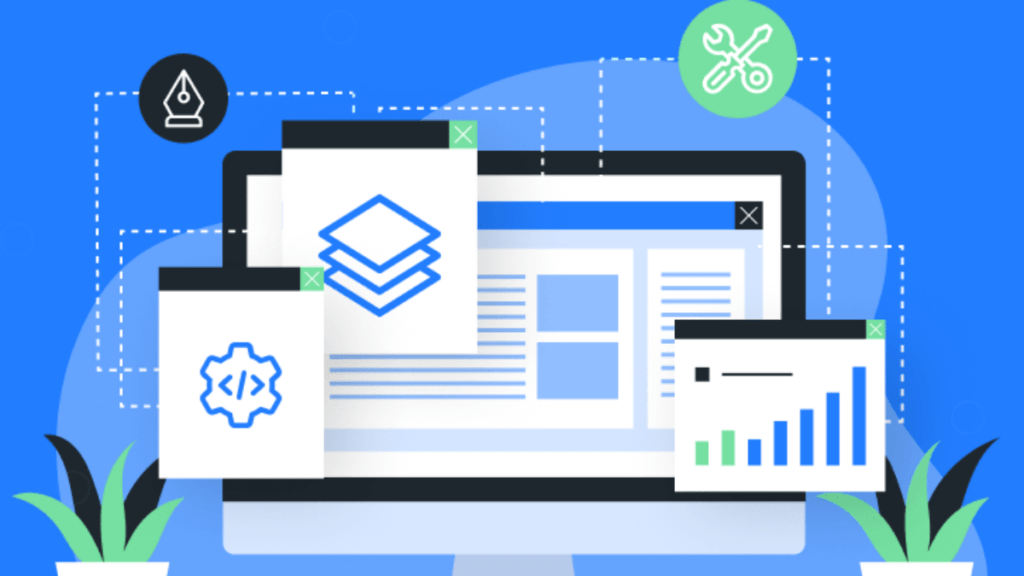
Customer Relationship Management (CRM)
These applications are used to manage customer interactions and relationships, track sales leads and opportunities. They also help analyze customer data to inform marketing and sales strategies. According to Million Insights, the global CRM market is expected to reach $114.4 billion by 2027.
There are many CRM apps available on the market today, each offering unique features and capabilities. Here are some popular examples:
1. Salesforce – a cloud-based CRM platform that offers a range of tools for sales, marketing, customer service, and analytics.
2. HubSpot – a free CRM platform that provides tools for managing contacts, deals, and customer interactions, as well as marketing and sales automation.
3. Microsoft Dynamics 365 – a cloud-based CRM platform that integrates with Microsoft’s suite of productivity tools, offering sales, marketing, and customer service automation features.
4. Zoho CRM – a cloud-based CRM platform that offers a range of tools for managing contacts, leads, deals, and customer interactions.
5. Oracle CX Cloud – a cloud-based CRM platform that provides a range of tools for sales, service, marketing, and commerce, as well as analytics and artificial intelligence capabilities.
These CRM apps can help businesses to manage customer interactions, track sales leads and opportunities, and analyze customer data to inform marketing and sales strategies. Thus, by selecting the right CRM app for their needs, businesses can improve customer relationships, drive sales growth, and increase revenue.
Enterprise Resource Planning (ERP)
ERP systems are used to manage all aspects of an organization’s business operations, from accounting and finance to inventory and supply chain management. Below are some examples of ERP enterprise applications.
1. SAP – a cloud-based ERP platform that offers a range of tools for finance, accounting, human resources, procurement, and supply chain management.
2. Oracle ERP Cloud – a cloud-based ERP platform that provides a range of tools for financial management, project management, procurement, and supply chain management.
3. Microsoft Dynamics 365 Business Central – a cloud-based ERP platform that provides a range of tools for finance, sales, purchasing, inventory, and project management.
4. Infor CloudSuite – a cloud-based ERP platform that provides a range of tools for financial management, human resources, supply chain management, and enterprise performance management.
5. NetSuite – a cloud-based ERP platform that offers a range of tools for financial management, procurement, supply chain management, and e-commerce.
These ERP apps can help businesses to manage their operations effectively and efficiently, from accounting and finance to inventory and supply chain management. As a result, by selecting the right ERP app for their needs, businesses can streamline their processes, reduce costs, and increase productivity.
Supply Chain Management (SCM)
SCM can help optimize the flow of goods and services from suppliers to customers to reduce costs and increase efficiency. Below are the top 5 SCM enterprise applications.
1. SAP Supply Chain Management – a cloud-based SCM platform that provides a range of tools for planning, logistics, and procurement, as well as analytics and reporting capabilities.
2. Oracle SCM Cloud – a cloud-based SCM platform that offers a range of tools for planning, procurement, manufacturing, and logistics, as well as real-time visibility into supply chain operations.
3. JDA Software – a cloud-based SCM platform that provides a range of tools for supply chain planning, execution, and collaboration, as well as machine learning and AI capabilities.
4. IBM Sterling Supply Chain Suite – a cloud-based SCM platform that offers a range of tools for supply chain visibility, planning, and execution, as well as real-time collaboration and analytics.
5. Microsoft Dynamics 365 Supply Chain Management – a cloud-based SCM platform that provides a range of tools for inventory management, production planning, and supply chain visibility, as well as real-time insights and analytics.
These SCM apps can help businesses to optimize their supply chain operations. procurement and manufacturing to logistics and delivery. Hence, by selecting the right SCM app for their needs, businesses can reduce costs, improve efficiency, and enhance customer satisfaction.
Human Resources Management (HRM)
HRM apps are also among enterprise applications. HRM assists in managing employee data, payroll, benefits, and performance, as well as to support recruiting, onboarding, and training. Additionally, below are some of the most popular examples.
1. Workday – a cloud-based HRM platform that provides a range of tools for HR management, including workforce planning, recruiting, talent management, and benefits administration.
2. SAP SuccessFactors – a cloud-based HRM platform that offers a range of tools for HR management, including talent acquisition, performance and goal management, learning and development, and compensation management.
3. Oracle HCM Cloud – a cloud-based HRM platform that provides a range of tools for HR management, including talent management, HR analytics, workforce management, and payroll.
4. BambooHR – a cloud-based HRM platform that provides a range of tools for HR management, including onboarding, performance management, time and attendance tracking, and applicant tracking.
5. ADP Workforce Now – a cloud-based HRM platform that offers a range of tools for HR management, including payroll, benefits administration, time and attendance tracking, and HR analytics.
These HRM apps can help businesses to manage their workforce effectively and efficiently. By selecting the right HRM app for their needs, businesses can additionally improve employee engagement, reduce administrative burden, and ensure compliance with regulatory requirements.
Business Intelligence (BI)
BI apps are good examples of enterprise applications. They are used to analyze and interpret large amounts of data to provide insights that inform strategic decision-making.
1. Microsoft Power BI – a cloud-based BI platform that provides a range of tools for data visualization, analysis, and reporting. It allows users to create interactive reports and dashboards, and share them with others.
2. Tableau – a data visualization tool that allows users to create interactive dashboards and reports, and share them with others. It also offers a range of data connectors, including spreadsheets, cloud databases, and big data sources.
3. QlikView – a data visualization and discovery tool that allows users to explore data and uncover insights. Among its features are data integration, data transformation, and data discovery.
4. IBM Cognos Analytics – a cloud-based BI platform that provides a range of tools for reporting, analysis, and dashboarding. It additionally allows users to create custom reports and dashboards, and share them with others.
5. SAP BusinessObjects – a BI platform that provides a range of tools for reporting, analysis, and dashboarding. It offers a range of features, including data integration, data transformation, and data discovery.
These BI apps can help businesses to make informed decisions by providing insights into their data.
Overall, choosing the right enterprise application for specific needs can streamline operations, improve performance, and achieve goals effectively.
Recommended reading: Scaled Agile Framework: The Optimal Approach for Scaling Enterprises
4 Benefits of Using Enterprise Applications
As the world becomes increasingly digital, businesses are turning to enterprise applications. They help streamline their operations and improve their bottom line. Enterprise applications also offer a range of benefits, from improving productivity to enhancing customer satisfaction. In this section, we’ll explore some of the key benefits of using enterprise applications. In addition, we will explain how they can help businesses to succeed in today’s competitive landscape.
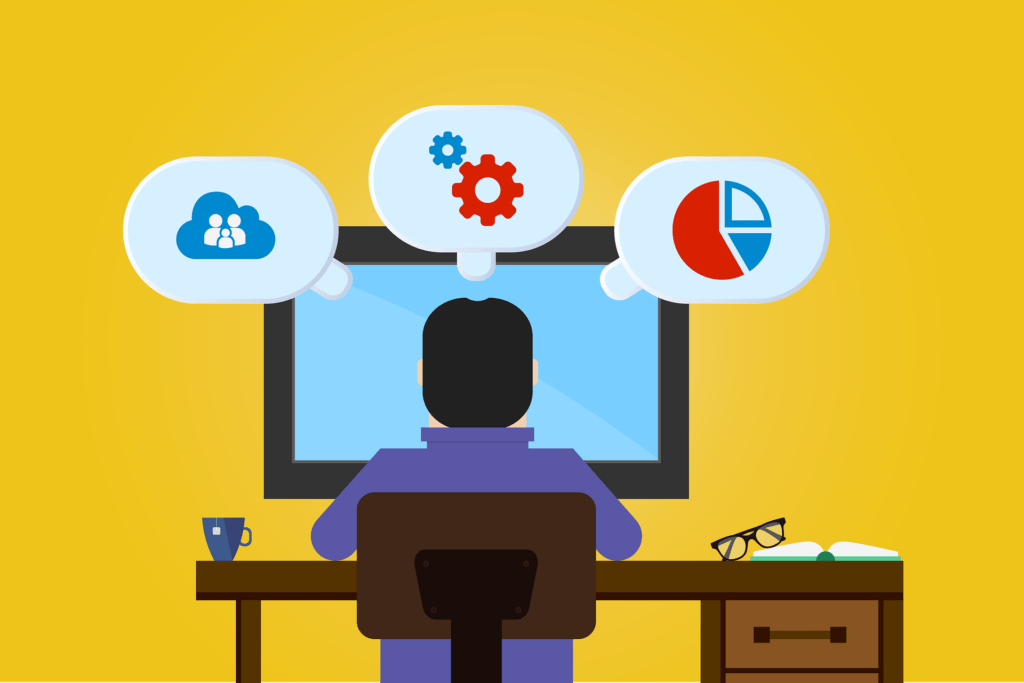
Improved Efficiency
Enterprise applications can significantly improve the efficiency of a business. These applications automate many of the manual processes that are necessary for running a business. As a result, they reduce the risk of errors and frees up time for employees to focus on other tasks. For example, an ERP system can automate the process of generating invoices, tracking payments, and managing inventory. This not only saves time but also reduces the risk of errors and improves accuracy. According to a report by Aberdeen Group, companies that implement ERP systems can see a 22% reduction in the time it takes to complete financial processes. Improved efficiency can also lead to cost savings and increased revenue. As a result, making enterprise applications is a wise investment for businesses of all sizes.
Better Communication
Enterprise applications can also improve communication and collaboration among employees. These applications provide a centralized platform for sharing information, collaborating on projects, and communicating with colleagues. For example, a CRM system can store customer information in a centralized database, making it easy for sales and customer service teams to access and share information about customer interactions. Additionally, enterprise applications often have collaboration features such as messaging, file sharing, and project management tools that facilitate teamwork and improve productivity. This improved communication and collaboration can also lead to faster decision-making, more effective problem-solving, and ultimately better outcomes for the business.
Streamlined Processes
Enterprise applications often come with robust security features and protocols that can protect sensitive business data from cyber threats. This is particularly important for businesses that handle sensitive information. They include such as financial data, personal information of customers, and trade secrets. Enterprise applications typically have built-in security features such as encryption, multi-factor authentication, and access controls to restrict unauthorized access to data. Additionally, many enterprise applications are cloud-based. This means that businesses can benefit from the security measures provided by the cloud service provider. Overall, enhanced data security is a crucial benefit of using enterprise applications that can help businesses to protect their data and maintain their reputation.
Enhanced Data Security
Enterprise applications often come with robust security features and protocols that can protect sensitive business data from cyber threats. This is particularly important for businesses that handle sensitive information, such as financial data, personal information of customers, and trade secrets. Enterprise applications typically have built-in security features such as encryption, multi-factor authentication, and access controls to restrict unauthorized access to data. Additionally, many enterprise applications are cloud-based, which means that businesses can benefit from the security measures provided by the cloud service provider. Overall, enhanced data security is a crucial benefit of using enterprise applications that can help businesses to protect their data and maintain their reputation.
Conclusion
In conclusion, enterprise applications are essential for the success of large organizations in today’s digital age. They can help businesses streamline their processes, improve communication and collaboration, and enhance data security. By implementing enterprise applications, businesses can achieve improved efficiency and gain a competitive edge in the market.
If you are looking for a reliable software development company to help you build your enterprise applications, Designveloper is an excellent choice. With their team of experienced developers, they can deliver high-quality enterprise solutions tailored to your specific business needs. Contact Designveloper today to learn more about their enterprise application development services.






Read more topics




























